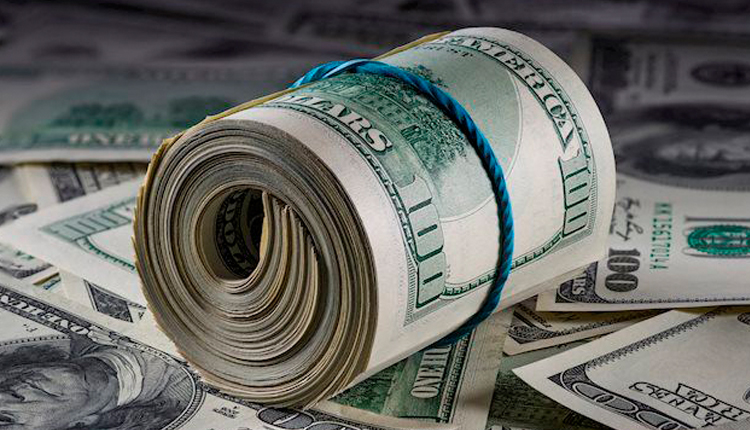Dollar took in stride the impeachment of U.S. President Donald Trump on Thursday while its Australian counterpart rallied after a surprise fall in the country’s unemployment rate.
The British pound remained under pressure on renewed fears of a chaotic exit from the European Union. It was last at $1.3083 after sliding nearly 2% in as many days.
Dollar traders were remarkably sanguine after a majority of lawmakers in the U.S. House of Representatives voted to impeach Trump.
An index that tracks the dollar against six major currencies hovered at 97.40, not far from a six-day high of 97.475 touched on Wednesday.
“It is unlikely that the Senate will support the motion when it votes in January, as is required to remove Trump from office,” ANZ economists wrote in a note.
The Aussie climbed as high as $0.6883 after the robust jobs data suggested the country’s labor market might still have enough life in it to lessen the need for more interest rate cuts.
In New Zealand, better-than-expected third quarter economic growth data sent the kiwi bouncing off a one-week low at $0.6588.
Risk sensitive currencies such as the Aussie and the kiwi started December on a firm footing after a preliminary U.S.-China trade deal and the election victory of U.K. Prime Minister appeared to remove two of the main risks in financial markets.
However, fears have resurfaced this week as the specter of a U.S.-led tariff war has not completely disappeared with traders awaiting more details on the “phase one” deal with Beijing.
The safe haven yen held in a tight range at 109.59 per dollar. It is mostly flat so far this month.
U.S. Trade Representative Robert Lighthizer said on Tuesday that the United States may raise tariffs on European goods as it tries to shrink its chronic trade deficit with the continent, re-igniting worries of the prospects of the export-driven euro.
The euro was last hovering around Wednesday’s trough of $1.1109 against the dollar, shrugging off a better-than-expected survey of German business morale. It was last at $1.1119.
“The most significant piece of news overnight has been the German December IFO survey, which… has shown evidence that the German economy may be in the process of pulling itself up by its boot straps,” said Ray Attrill, Sydney-based head of forex strategy at National Australia Bank.
“Improvement in the German — and broader Eurozone economy — is fundamental to our expectation for a softer U.S. dollar and stronger Euro next year.”
Markets will focus on interest rate decisions from the Bank of England and the Bank of Japan later in the day, with both seen unlikely to change policy.
Source: Reuters
